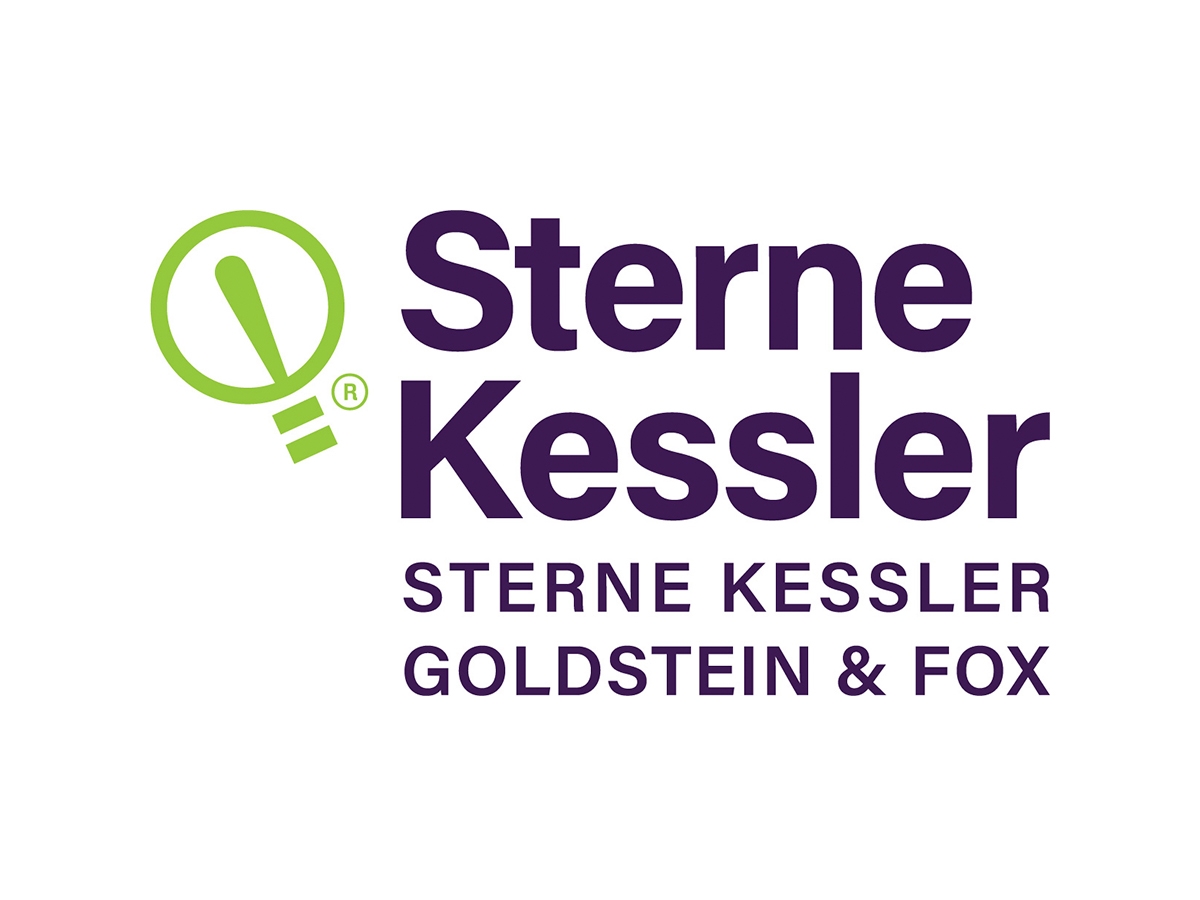Federal Circuit IP Appeals: Summaries of Key 2023 Decisions (8th Edition): Great Concepts, LLC v. Chutter, Inc., 84 F.4th 1014 (Fed. Cir. 2023) (Dyk, Reyna (dissenting), Stark) | Sterne, Kessler, Goldstein & Fox P.L.L.C.
In Great Concepts, the court addressed whether Section 14 of the Lanham Act, which permits cancellation of a mark’s registration if “its registration was obtained fraudulently,” permits cancellation due to the owner’s filing of a fraudulent declaration submitted for the purpose of acquiring incontestability status for an already-registered mark. The court held that it does not.
Great Concepts obtained a registered trademark for “DANTANNA’S” for a “steak and seafood restaurant” in 2005. Dan Tana, Chutter’s predecessor-in-interest, petitioned the Board to cancel Great Concepts’ mark for alleged likelihood of confusion with the mark “DAN TANA,” also used for restaurant services. Mr. Tana also sued in district court for trademark infringement. Great Concepts prevailed in the district-court litigation, and the Board eventually dismissed the cancellation proceeding.
While those actions were pending, Great Concepts’ former attorney filed with the PTO a single declaration addressing continued use of the mark (pursuant to Section 8 of the Lanham Act) and incontestability (pursuant to Section 15 of the Lanham Act). In the portion of the declaration addressing Section 15, the attorney falsely stated that “there is no proceeding involving said rights pending and not disposed of either in the U.S. Patent and Trademark Office or in the courts.”
Chutter petitioned the PTO for cancellation of Great Concepts’ “DANTANNAS” mark based on the false Section 15 declaration. The Board found the declaration fraudulent and cancelled the “DANTANNAS” mark under Section 14 of the Lanham Act. Great Concepts appealed.
Section 14 (15 U.S.C. § 1064) allows a third party to seek cancellation of a mark if “its registration was obtained fraudulently.” The court concluded that the thing “obtained” for purposes of Section 14 is a registered mark, not an incontestable mark, which is a separate right governed by Section 15. An incontestable mark is conclusive evidence of the validity of the registered mark and can be obtained only after registration and after five consecutive years of use of the mark.
Great Concepts, the court explained, submitted a fraudulent declaration to obtain incontestable status of its registered mark, not to obtain the registered mark in the first place. Indeed, the false declaration was submitted to the PTO years after registration. Because the relevant statutory language of Section 14 applies only to acquiring a registered mark and the fraud here was committed in connection with obtaining incontestability, the court concluded the Board did not have authority to cancel Great Concepts’ registration under Section 14. The court therefore reversed the cancellation of Great Concepts’ registration and remanded to the Board to consider whether Great Concepts’ mark does not enjoy incontestable status and whether additional sanctions are warranted.
Judge Reyna dissented, arguing that the majority had ignored Federal Circuit precedent and the statutory objective of candor to the PTO. Regarding precedent, Judge Reyna noted that a 1975 Trademark Trial & Appeal Board decision found that a fraudulent declaration submitted in support of incontestability can be the basis for cancellation of a registered mark and that this decision had been subsequently applied by the Federal Circuit. Regarding the duty of candor, Judge Reyna argued that an applicant has an ongoing duty of candor to the PTO in all filings, including declarations that maintain registration. Here, Great Concepts had a duty as a “registrant” “seeking continuing and additional rights,” such as maintenance and incontestability, to refrain from making false statements to the PTO. Great Concepts failed to notify the PTO of the false statement or take corrective action at any time. Its failure to do so, in Judge Reyna’s view, provided the PTO sufficient grounds to cancel the registration.
OTHER CASE:
- Spireon, Inc. v. Flex Ltd., 71 F.4th 1355 (Fed. Cir. 2023) (holding that TTAB erred in ignoring third-party registrations on similar goods and similar composite registrations when assessing conceptual strength of mark and further holding that, in assessing commercial strength of the mark, the burden of showing non-use of identical marks for identical goods rests with the party bringing the opposition proceeding).
This article appeared in the Federal Circuit IP Appeals: Summaries of Key 2023 Decision report.





